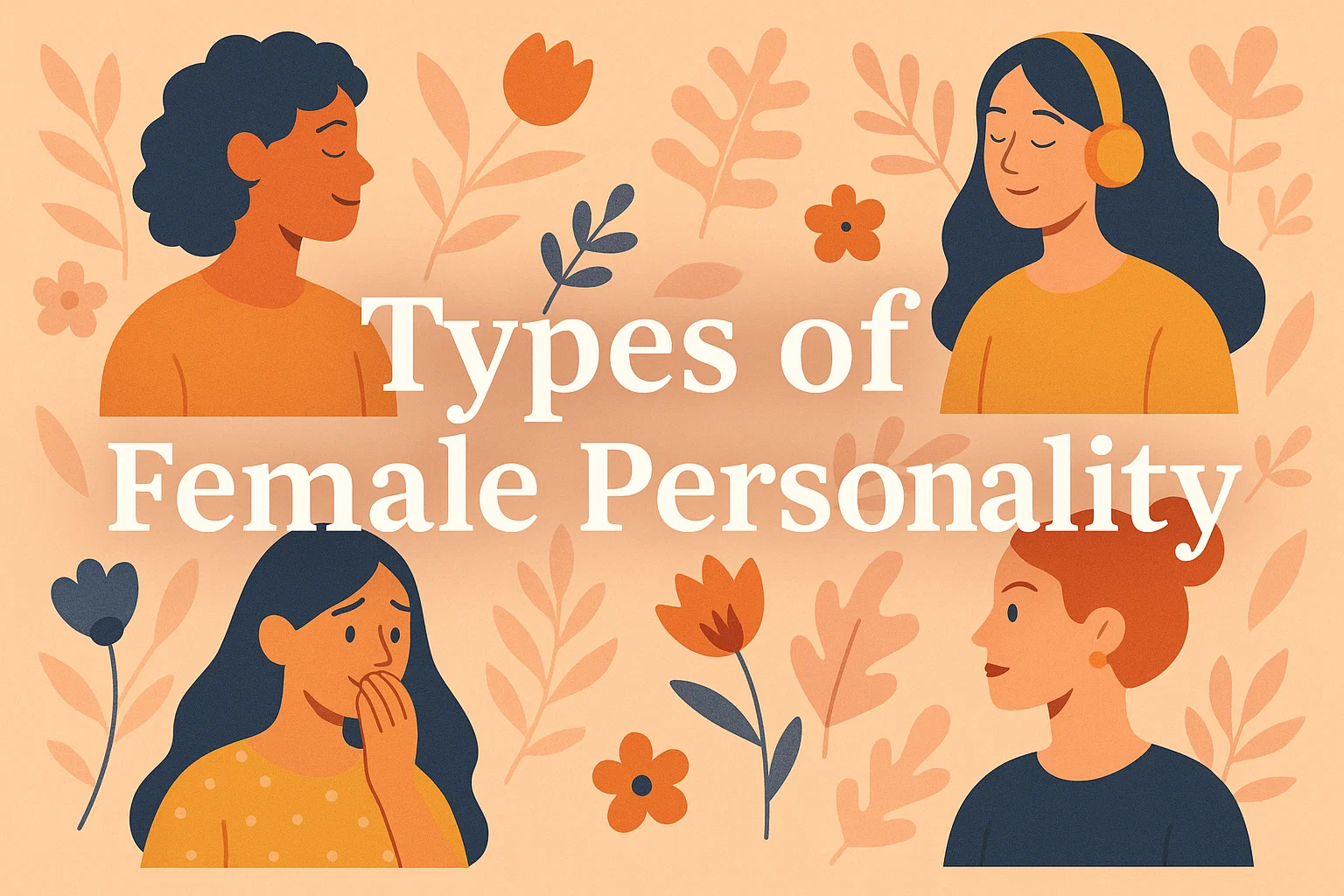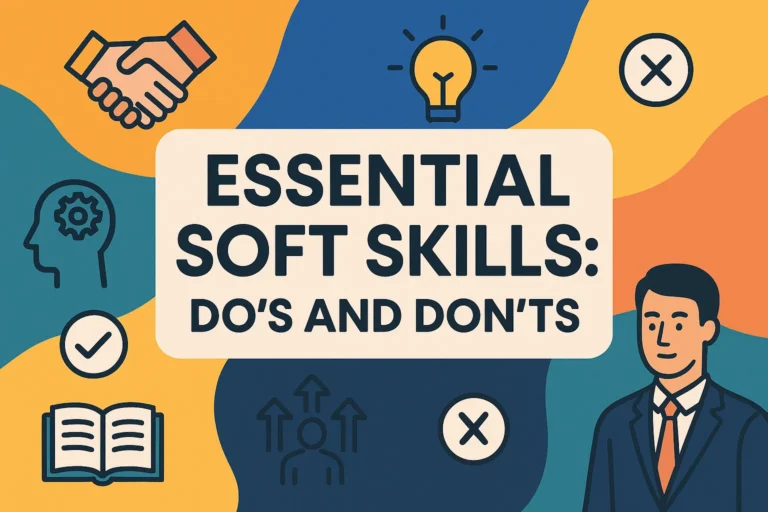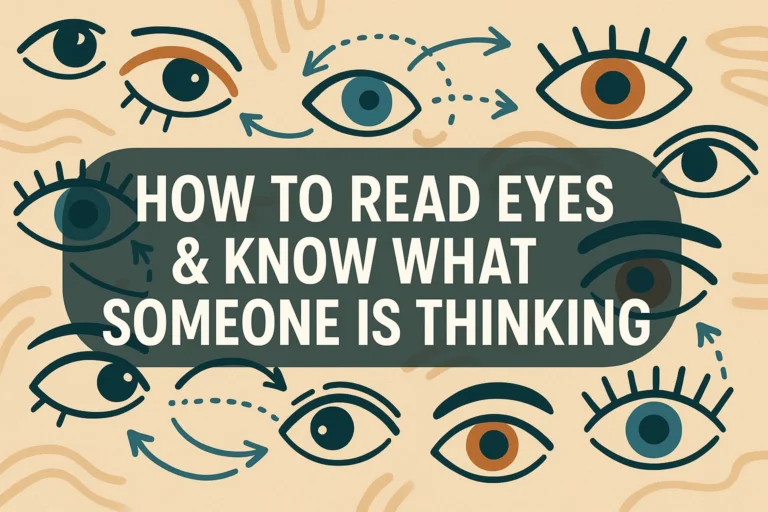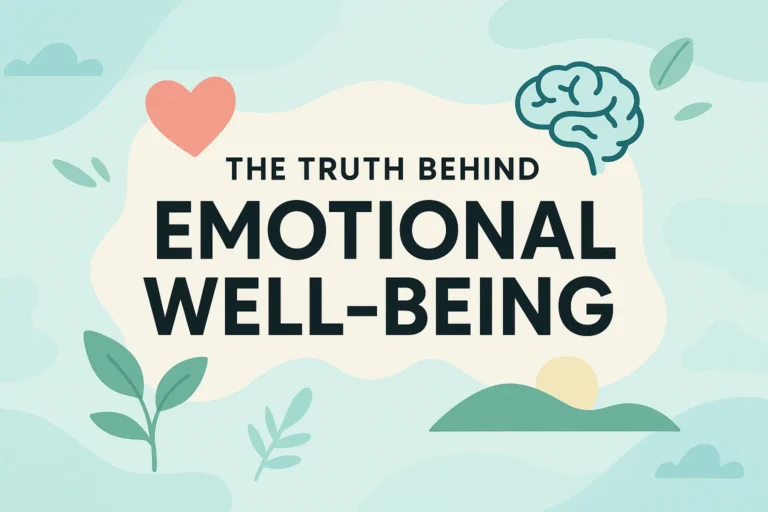Understanding Types of Female Personality Key Human Behavior Psychology Facts
Understanding Types of Female Personality: Key Human Behavior Psychology Facts
Ever found yourself in a conversation, completely fascinated by how differently people think and act? I know I have. It’s like we’re all running on different internal software. Today, I want to chat about something I find endlessly intriguing: the wonderful, complex tapestry of female personality types.
Now, before we go any further, let’s get one thing straight. This isn’t about putting anyone in a box. People are gloriously complicated, and no quiz or article can capture a full human being. This is about understanding some common behavioral blueprints. It’s a way to make sense of our own instincts and appreciate the brilliant diversity in the women around us. Think of it as a user-friendly guide to human behavior psychology, not a rigid labeling system. Sound good?
Why Bother Understanding Personality Anyway?
Seriously, why spend time on this? IMO, it’s one of the most practical things you can do. Understanding personality types is like getting a cheat code for your relationships—both personal and professional.
It helps you communicate more effectively, resolve conflicts with less drama, and appreciate why your best friend needs a week alone to recharge after a big party while you’re buzzing to go out again the next night. It fosters empathy. When you understand the why behind someone’s actions, you’re less likely to take things personally and more likely to connect on a deeper level.
It’s also a fantastic tool for self-discovery. Ever wonder why certain situations drain you while others light you up? Your personality type holds many of the answers.
A Quick Look at the Sciencey Stuff (I Promise, It’s Painless)
We can’t talk about personality without tipping our hats to the psychologists who gave us the frameworks we use today. Don’t worry, I won’t bore you with a textbook lecture.
The most famous model is probably the Myers-Briggs Type Indicator (MBTI). It’s based on Carl Jung’s work and sorts people into 16 types based on four preferences: where you get your energy (Introversion/Extraversion), how you take in information (Sensing/Intuition), how you make decisions (Thinking/Feeling), and how you deal with the world (Judging/Perceiving).
Then you have the Big Five Personality Traits, which is a huge deal in academic psychology. It measures everyone on a spectrum of five core traits: Openness, Conscientiousness, Extraversion, Agreeableness, and Neuroticism (often called Emotional Stability).
We’ll be borrowing concepts from these and other models to explore some common archetypes. Remember, these are just lenses to look through 🙂
Exploring Common Personality Archetypes
Alright, let’s get to the good part. Here are some common personality archetypes you’ll probably recognize. Most of us are a blend of a few, with one or two styles being more dominant.
The Nurturer
You know her. She’s the one who remembers your birthday, brings you soup when you’re sick, and always has a spare hug. The Nurturer is the heart of her social circle.
- Core Motivation: To care for, protect, and support others. Her world revolves around her relationships and the well-being of her loved ones.
- Key Traits: Empathetic, patient, generous, and reliable. She feels a deep sense of responsibility for the people in her life.
- Potential Challenges: She can sometimes forget to fill her own cup while pouring into others, leading to burnout. Setting boundaries can be tough because she hates feeling like she’s letting people down.
- How to Connect: Show genuine appreciation for her care. Offer to help her for a change. A simple “How are you really doing?” can mean the world.
The Achiever
Ambitious, focused, and always chasing a goal—that’s the Achiever. She has a five-year plan, a color-coded planner, and probably runs a side business while holding down her main job.
- Core Motivation: To accomplish, succeed, and make an impact. She is driven by a need for competence and mastery.
- Key Traits: Disciplined, competitive, efficient, and goal-oriented. She gets a genuine thrill from checking items off her to-do list.
- Potential Challenges: The drive to achieve can sometimes lead to workaholism and stress. She might struggle with perfectionism and be overly critical of herself when things don’t go exactly to plan.
- How to Connect: Acknowledge her hard work and accomplishments. Engage her in conversations about her goals and passions. Just remind her that it’s okay to take a break sometimes!
The Intellectual
The Intellectual is a lifelong learner. She’s curious about the world, loves a good debate, and is usually the one explaining the intricacies of black holes or the history of a random philosophical movement. She lives in her head, and it’s a fascinating place to be.
- Core Motivation: To understand the fundamental principles of the universe. She seeks knowledge for its own sake.
- Key Traits: Analytical, insightful, curious, and independent. She values logic and ideas above almost everything else.
- Potential Challenges: She can sometimes get so lost in theory that she disconnects from practical matters or the emotional needs of others. Small talk is her kryptonite.
- How to Connect: Engage her with thought-provoking questions. Recommend a book or a documentary. Don’t be afraid to go deep on a topic—she’ll love you for it.
The Free Spirit
Spontaneous, creative, and full of life, the Free Spirit hates rigid schedules and boring routines. She’s the friend who suggests a last-minute road trip or decides to learn pottery on a Tuesday evening.
- Core Motivation: To experience freedom, joy, and creativity. She believes life is an adventure to be explored.
- Key Traits: Enthusiastic, imaginative, adaptable, and optimistic. She brings a sense of fun and possibility to any situation.
- Potential Challenges: Long-term planning and following through on mundane tasks can be a struggle. She might be perceived as flaky when a new, more exciting opportunity comes along.
- How to Connect: Embrace her spontaneity! Say yes to an adventure. Don’t try to pin her down with too many rules or expectations—just enjoy the ride.
The Advocate
Passionate and principled, the Advocate is who you want on your side in a fight. She stands up for what she believes is right, whether it’s for a person, a cause, or an idea. She has a strong moral compass and isn’t afraid to use it.
- Core Motivation: To fight for justice, equality, and what she believes is right. She needs her life and work to have meaning and purpose.
- Key Traits: Idealistic, passionate, determined, and persuasive. She has a powerful voice and isn’t afraid to use it for others.
- Potential Challenges: Her intensity can sometimes come across as confrontational. She risks burnout from constantly fighting battles and can become disillusioned if change is too slow.
- How to Connect: Listen to her causes and validate her passions. Ask her what matters most to her and why. Show her that you see the fire in her soul and you respect it.
The Real Magic is in the Mix
Here’s the most important part: nobody is just one type. I’m definitely a blend of the Intellectual and the Achiever, with a dash of Free Spirit that comes out on weekends. The woman who is a fierce Advocate at a protest might be a total Nurturer with her kids at home.
These categories are starting points for understanding, not final destinations. The beautiful complexity of a person lies in how these traits combine and express themselves in different contexts. A Free Spirit-Achiever hybrid will look very different from an Intellectual-Nurturer blend. See what I mean? It gets fun.
How to Use This Knowledge Without Being a Jerk
So, you’re starting to see these patterns in your friends, family, and coworkers. Great! Now, what do you do with this power? Please, for the love of all that is good, don’t go around diagnosing people at cocktail parties. “Ah, Susan, classic Nurturer, I see.” Don’t be that person. :/
The goal here is understanding, not judgment.
Use this knowledge to:
* Reframe your frustrations. Is your Achiever friend always too busy? It’s not personal; she’s driven by her goals.
* Adjust your communication. Want to connect with an Intellectual? Skip the gossip and ask her about a recent documentary.
* Appreciate differences. The world needs organized Achievers just as much as it needs spontaneous Free Spirits.
Your Personality Isn’t Your Prison
Finally, and I want to stress this, your personality is a predisposition, not a life sentence. Just because you lean introverted doesn’t mean you can’t rock a presentation. Just because you’re a Nurturer doesn’t mean you can’t learn to set firm boundaries.
Self-awareness gives you the power to grow. You can consciously develop the traits that will help you get where you want to go. It’s all about playing to your strengths and shoring up your weaknesses.
So, the next time you find yourself marveling at the different women in your life, take a moment to appreciate the unique software they’re running on. It makes the whole human experience a lot richer, don’t you think? Now, go have a fascinating conversation. I bet you’ll listen to people a little differently.







